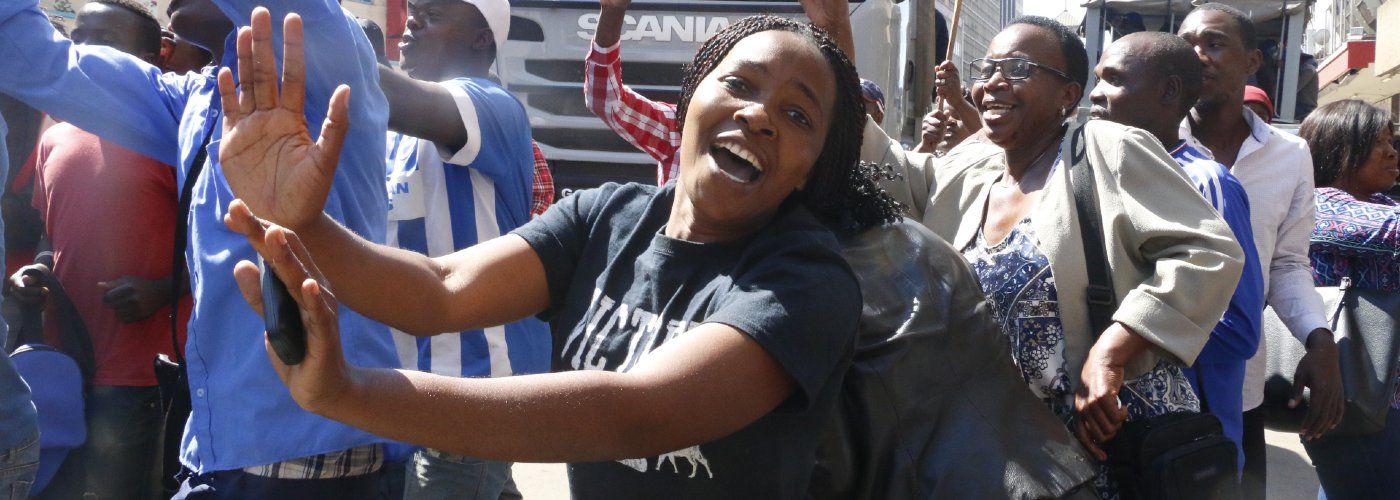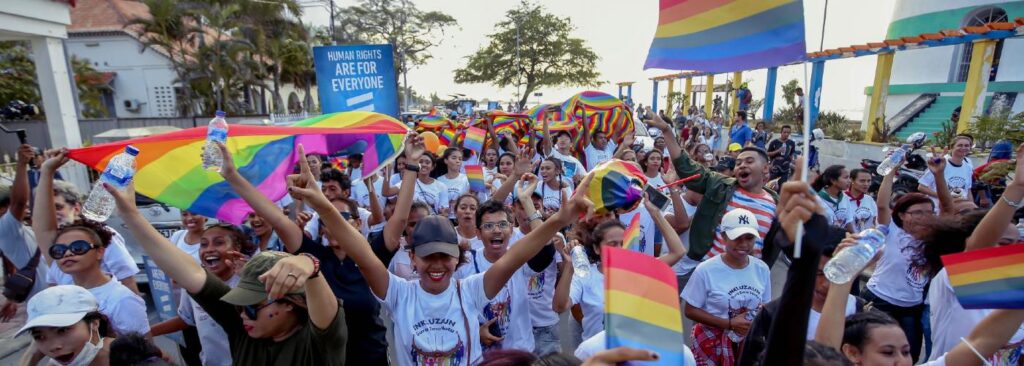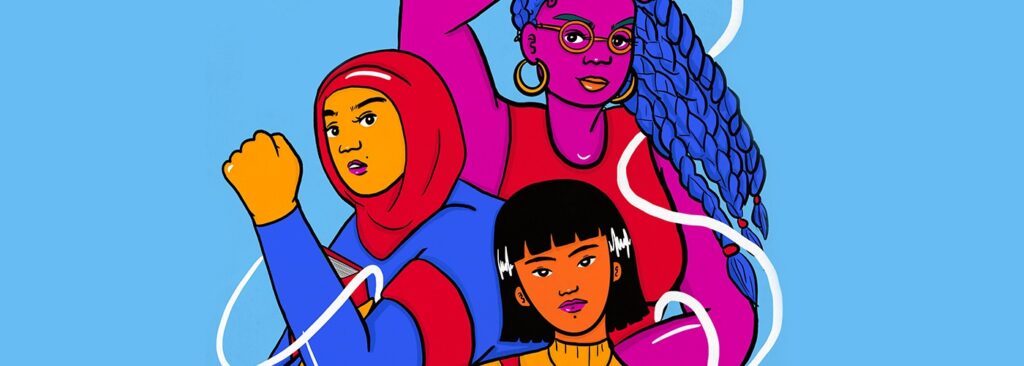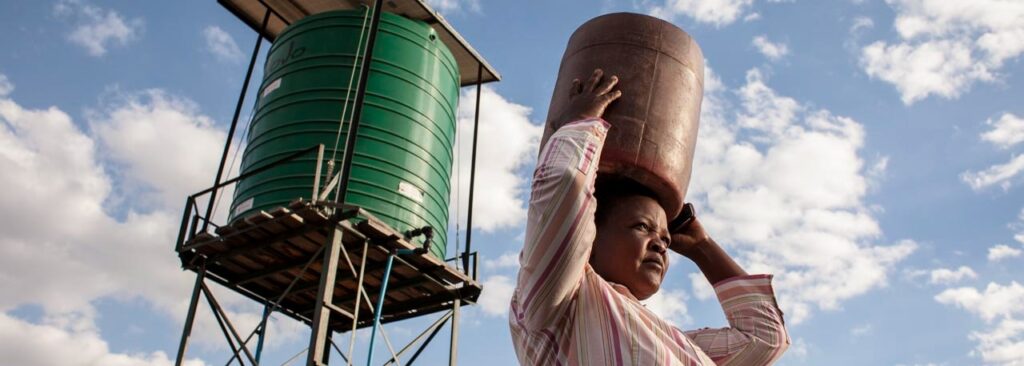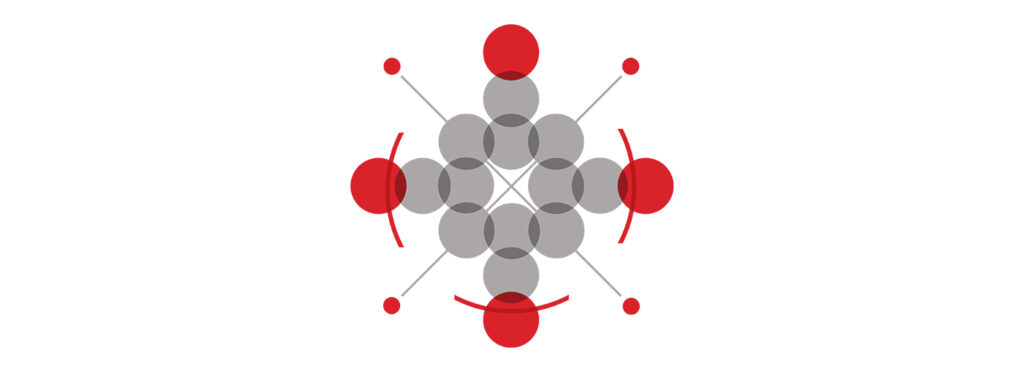By Diana Monissen, Chair of Hivos’ Supervisory Council
The world’s social problems have increased significantly in the last several decades. It’s quite a litany when you think about it. Poverty, corruption, climate change, power imbalances, forced migration, shrinking civic space, human rights defenders under duress, and growing inequalities faced by marginalized groups. This is why the stakes are now higher than ever for human development and a sustainable world.
In 2020, the Covid-19 crisis not only gave a new meaning to what inequality actually entails. It also exacerbated the social injustices already faced by world’s most vulnerable groups: ethnic, indigenous, racial, sexual and gender minorities. Authorities in many countries used Covid-19 restrictions as a pretense to crack down on change makers with differing opinions, and repressing women’s right to bodily autonomy became the norm.
As the world tries to recover from the pandemic, the fight for a free, fair and sustainable world has gained a fresh impetus in the development sector. The sector’s legitimacy as a driver of social progress is being redefined and amplified. This reaffirmation of its crucial role is the direct result of the unprecedented way the world has been ravaged by the Covid-19 crisis.
…all development agendas need to be laser-focused on real, sustainable and systemic impact.
However, as the sector displays optimism and renewed energy in pushing for change amidst a deeply divided and volatile world, it also finds itself at a crossroads. Funding is drying up, while demands for more accountability are putting pressure on our capacities. And nationalism and political interests are constantly trying to influence how development organizations operate.
Remaining true to itself with a new strategic direction
Turning to the organization whose Supervisory Council I now chair, Hivos has for some 52 years been a key ally in fighting inequality and creating sustainable spaces where rightsholders can demand equality and justice.
Fully conscious of today’s new realities, and with a deeper understanding of its role as an organization, Hivos is proud to launch a new strategic compass that will steer it and those it works with towards achieving a renewed mission and vision. Doing this and remaining true to Hivos’ calling to find structural solutions for the world’s complex problems has become more important than ever. I am confident Hivos’ new direction will have lasting positive impact and help it anticipate future challenges so it can build even further on the gains it has already made.
Hivos doesn’t see local ownership as merely a formality.
The strategic compass sets out a new course for Hivos to follow from 2021 to 2024 as a key ally in championing social equality. It will allow the organization greater flexibility to strengthen, amplify and connect the voices of rightsholders who strive for more inclusive and life-sustaining societies. This comes at a time when all development agendas need to be laser-focused on real, sustainable and systemic impact.
This strategy aims to realize change in three impact areas. Hivos focuses on them because they are where major social and political transitions take place and where Hivos, with its track record, can achieve real impact: Gender Equality, Diversity and Inclusion (GEDI), Climate Justice, and Civic Rights in a Digital Age. These impact areas redefine Hivos’ global presence with a sharper focus on countering climate change, oppression and exclusion of minority groups.
Local ownership at the core of Hivos’ new direction
Inspired by the humanist values of Hivos’ founders, the new strategy enshrines local ownership as a core principle and commitment in creating true and meaningful social change. This means that marginalized and underrepresented communities will form part of Hivos’ identity and be recognized as crucial partners in achieving its mission. Hivos doesn’t see local ownership as merely a formality that development organizations must adhere to in order to appear inclusive. Rather, it is paramount in shifting power so that southern-led organizations can take their rightful “seat at the table” and participate fully in the development debate.
Hivos’ local-ownership agenda will honor its commitments to partners and allies by ensuring a seamless and inclusive process in shaping program design, implementation, and evaluation through joint decision-making. Hivos is convinced this is the best way to ensure that local partners have the upper hand in creating a prosperous future for their communities. And together, through Hivos’ ethos of “people unlimited,” the organization aims to build stronger, more inclusive and more accountable societies.
A big step
Speaking for Hivos’ Supervisory Council, I can say this is a make or break moment. But fortunately, failures don’t define Hivos, but rather allow it to pause, reflect and adapt where necessary. The organization must also be patient in driving change, particularly in difficult contexts and environments. Hivos’ flexibility in adapting has always been one of its greatest strengths.
We on the Supervisory Council are excited about this new and more focused course and call on Hivos’ allies, friends and supporters to join in as it continues pushing tirelessly for real progress and long-lasting change that will be felt for generations to come.

